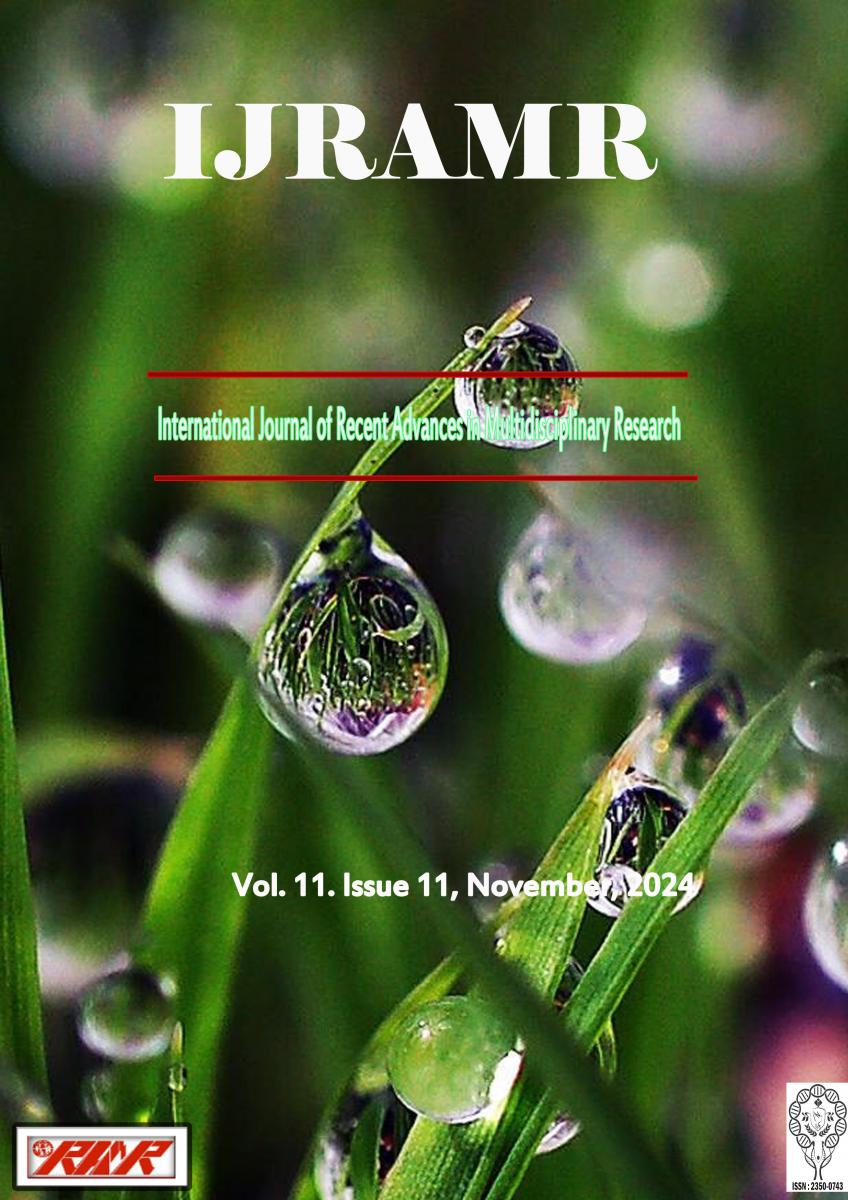Work-life balance can be defined as maintaining equilibrium between work and non-work activities. A great concern facing any organization regardless of its size or purpose is its ability to achieve the desired objectives. An imperative factor that has the power to enhance or hinder this ability is the performance of its employees. Human resource management faces a critical issue that deeply threatens the performance of employees and that is work life balance. Work life balance has become a popular term that describes the increased need to achieve equilibrium between all facets of life. The trend of combining a career, marriage and parenthood has become increasingly prevalent due to financial pressure on families. This multi-faceted life has given rise to the concept of work life balance and the significance it has on the performance of an individual. An individual’s inability to balance work and personal life domains has the potential to severely impede their performance at both work and personal lives (Poulose and Sudarsan, 2014). Although time is limited, healthcare workers are expected to perform various professional activities that are work related as well as non-work related, as such it is important to ensure that individuals have the ability to satisfy responsibilities from both domains and aspects. The individual’s inability to satisfy the responsibilities from both domains adversely affect the performance at work. The study investigated the impact of work life balance on healthcare professionals’ performance in selected primary healthcare facilities in Lagos State Nigeria. Three specific objectives were stated, and research hypotheses were constructed to guide the study. A cross-sectional research design, and a combination of convenience and snowball sampling was adopted for data collection. Hard copies and online questionnaires of structured questions were given out and mailed to healthcare professionals working in the six health care facilities in the State. Out of the 500 copies of questionnaire sent out, through random sampling technique. 462 (four hundred and sixty-two) questionnaires were returned. A response rate of 93% was obtained which was found adequate and used for the study. The study employed the use of primary data to examine the impact of work life balance on performance of the healthcare workers. Regression analysis using Statistical Product and Service Solution (SPSS) for windows and Microsoft excel computer program enabled data coding, editing and entry, plus data analysis and testing of hypotheses. Upon the successful analysis of the data collected for this study, the findings revealed that work flexibility, career development and long working hours are moderate predictors of healthcare workers’ performance (R = 0.500). A unit increase in these variables led to 50% increase in employee performance of workers and the relationship depicted in this study is significant at 95% confidence interval. In addition, the finding revealed that, career development is found to be the most dominant relational dimension (β = 0.445) in determining the variation in employee performance. The study recommended that the management of healthcare facilities should set up work-life policies and programs that would support their employees in fulfilling both their official duties at the workplace and their individual responsibilities outside the workplace as well. In addition, efforts to improve career development in workplaces can be put in place to promote, provide training, and evaluate work performance so that employees who have high potential and competence can develop their career.






